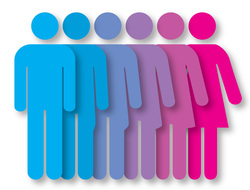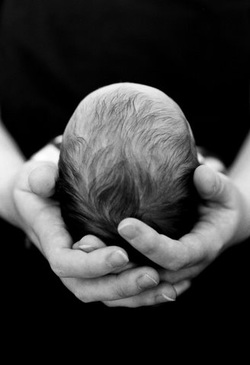"The gist of Mr. Flagg's complaint is that the Ministry, who funds chest surgery for a number of different medical conditions, treats transgender patients differently and adversely. Mr. Flagg states that the Ministry acknowledges that GRS, including top surgery, is a medically-necessary health service. Mr. Flagg provides examples of medically-necessary chest treatment for cisgender people ("cisgender" means someone whose gender identity matches their sex assigned at birth). His examples are a cisgender woman who requires a breast reduction, a cisgender woman who has a significant amount of asymmetry between her breasts, or a cisgender man who has gynecomastia (benign enlargement of breast tissue in males)."
The tribunal has acceptd the complaint though it was filed outside of the 6 month time limit.
To read the case of Jackson v B.C.
Stay tuned!


 RSS Feed
RSS Feed
